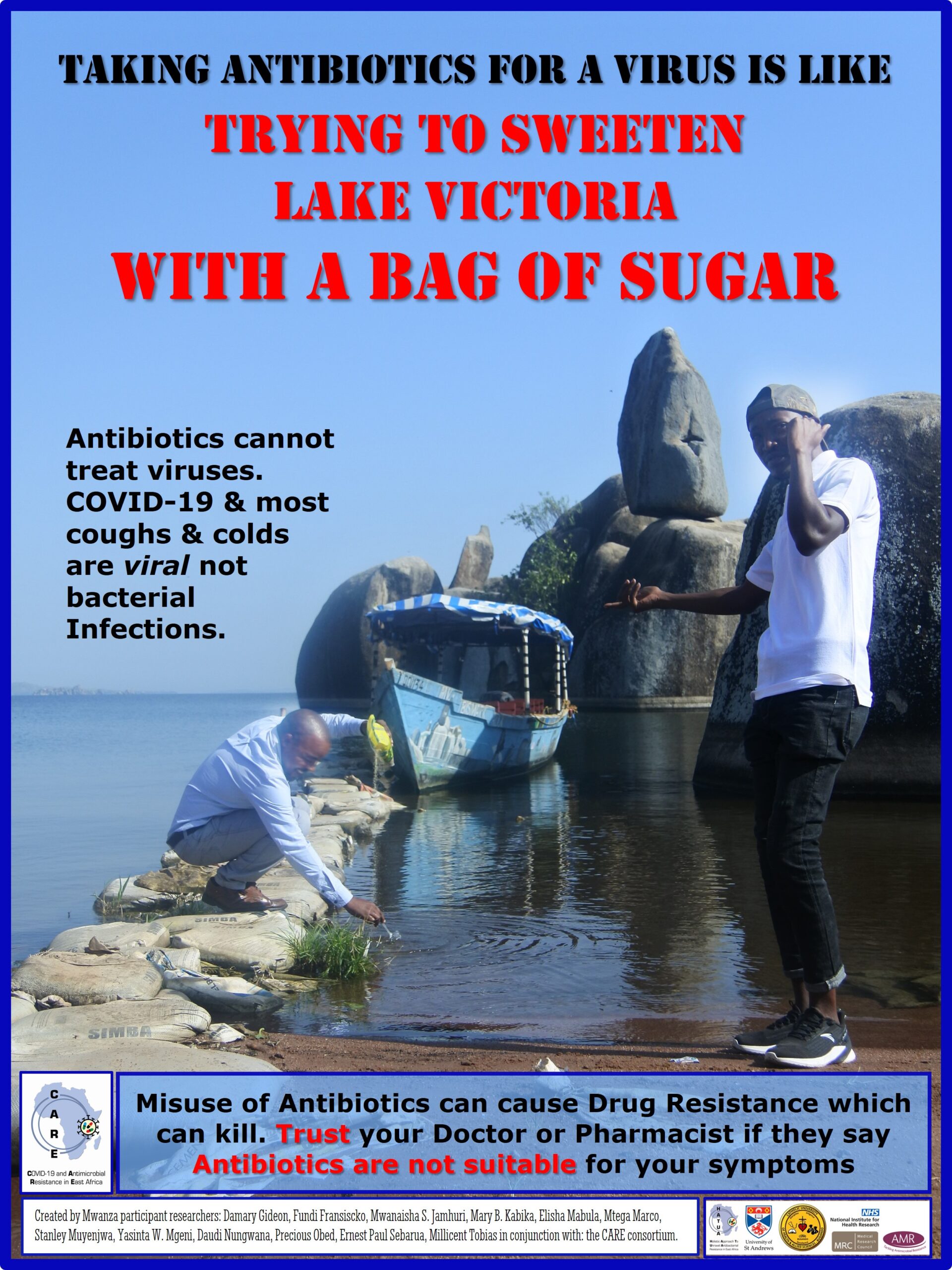Using Participatory Action Research to address the supply and demand sides of unprescribed antibiotics in Tanzania
Understanding the socioeconomic and psychosocial drivers of Antimicrobial Resistance (AMR) is vital if we are to prevent this potential global health catastrophe. AMR is a burgeoning healthcare crisis wherein bacteria, fungi and other pathogens develop an immunity against antimicrobials (a collective term for antibiotic, antifungal, antiparasitic and antifungal drugs). If a solution to this crisis … Read more





